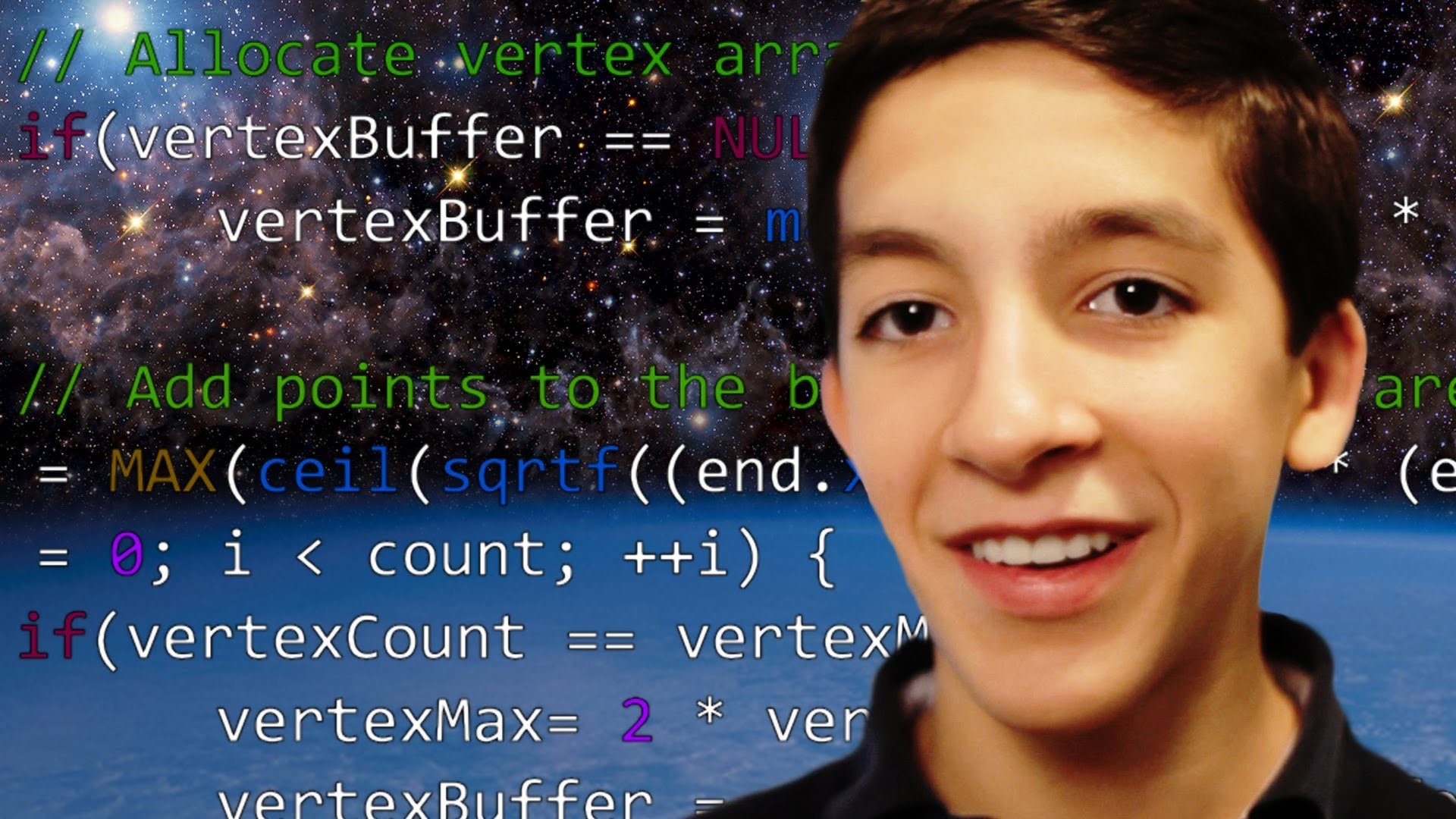
Based on research, 90% of parents within the U.S. want their kids to understand programming - for it will likely be crucial for a lot of jobs soon. But the sad fact is that only 40% of colleges educate it. Critics claim that it's mainly the greater affluent schools that provide information technology courses, thus denying individuals who attend poorer schools the opportunity to learn necessary skills. An emphasis on STEM isn't enough; it is also reported that although 70% of recent STEM tasks are in computing, only 7% of STEM graduates have been in information technology. It's imperative that savvy schools start focusing some STEM sources on information technology and programming.
For me, parents of each and every student in each and every school at each level should demand that students be trained how to code. They require this skill not because they’ll all get into it as being a job - that is not realistic-speculate it impacts every career within the 21st-century world. Any country recognizing which will benefit within a longer term.
Using the following sources, you are able to make programming educational to each student at each age:
Teaching Programming to Young Aspirants
- LightbotJr is popular among some programmers which target children ages 4-8.
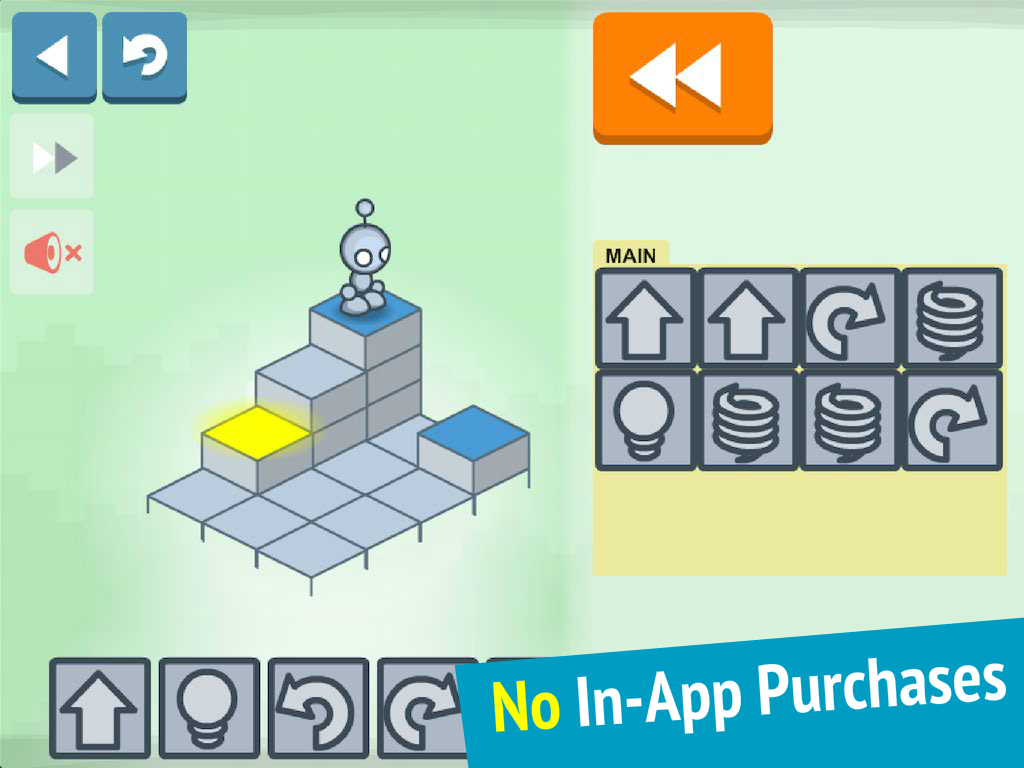
- Robot Turtles is really a game that teaches children the fundamentals of programming without getting to make use of any technology.
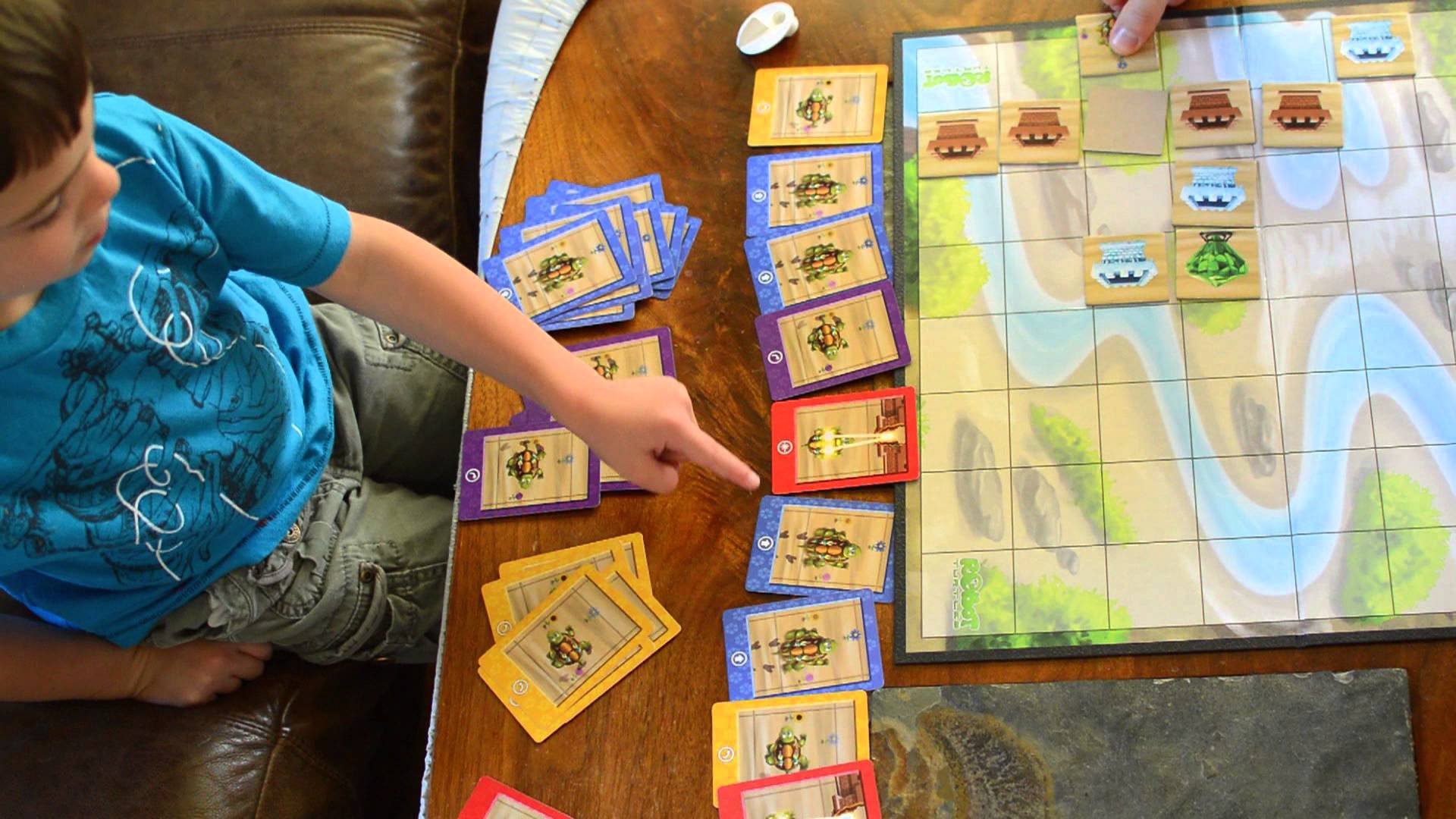
- Tynker Games: Begin using these age-appropriate games to educate your elementary students coding concepts. From Puppy Adventures to Math Art and Maze Craze, you’ll find games that students in grades 1-8 will love. Tynker also offers a curriculum and STEM product library that you might want to peruse if you are thinking about mixing programming with Social Studies, Math, and Science.
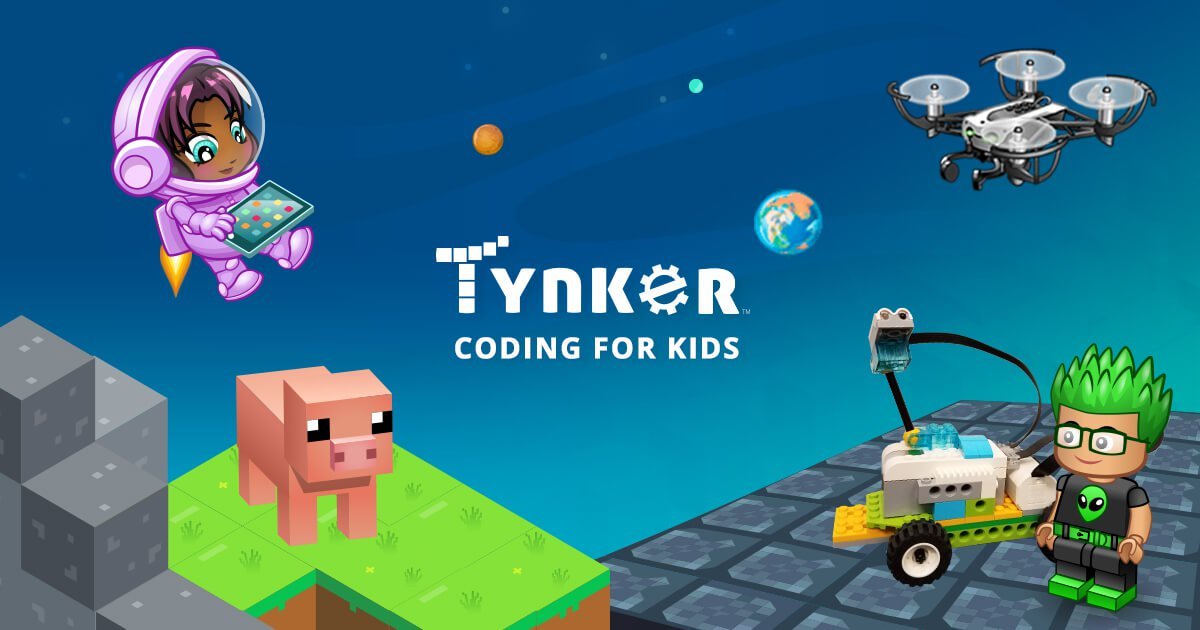
- ScratchJr is really a form of Scratch meant for ages 5-7 and like a totally free iPad or Android application.
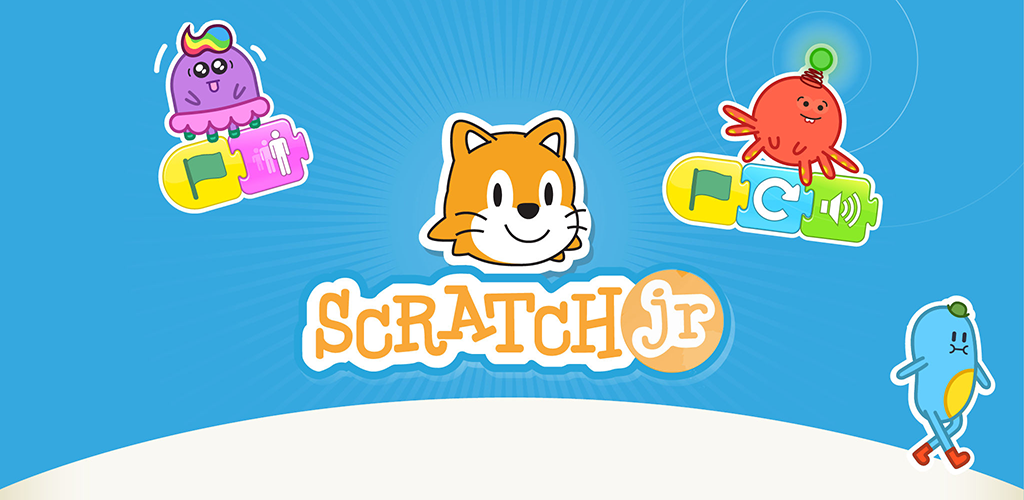
- Kodable began being an application geared to students as youthful as school age, but it’s now an entire curriculum. The very first 30 levels have the freedom, ample to have an hour of code. Kodable is suggested for a long time 5 or more, but you will find tales of youngsters even more youthful while using application with positive results. Students don’t have to know how you can read to be able to program by using this game.
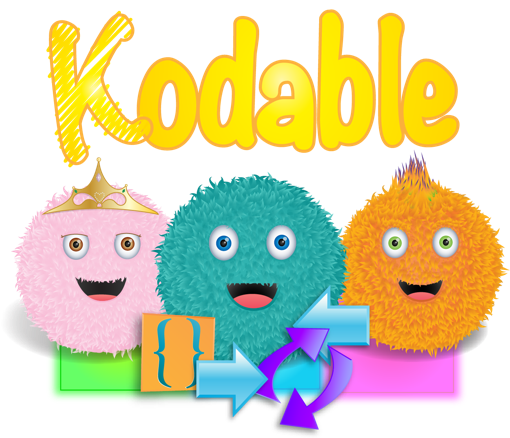
Teaching Coding to Kids 8 or More
- Scratch is really a programming game that is obtainable or used on the internet and is based on Durch. It features an effective Hour of Code tutorial by which students can program a vacation card within their internet browser. If you would like choices for other occasions of the season, make use of the one-hour Speed Racer activity to educate your students. Teachers can view this tutorial, visit ScratchEd’s Hour of Code Ideas forum to inquire about questions, or search “hour of code” within the forum for lesson plans using from coordinate geometry to Latin. Scratch is recognized as appropriate for beginners. (Some educators use Snap, initially, a form of Scratch however designed in JavaScript and is based on College of California at Berkeley. There are many options to Scratch having a similar interface. Give their list for your IT department should there be technical explanations why you cannot run Scratch or Snap.)
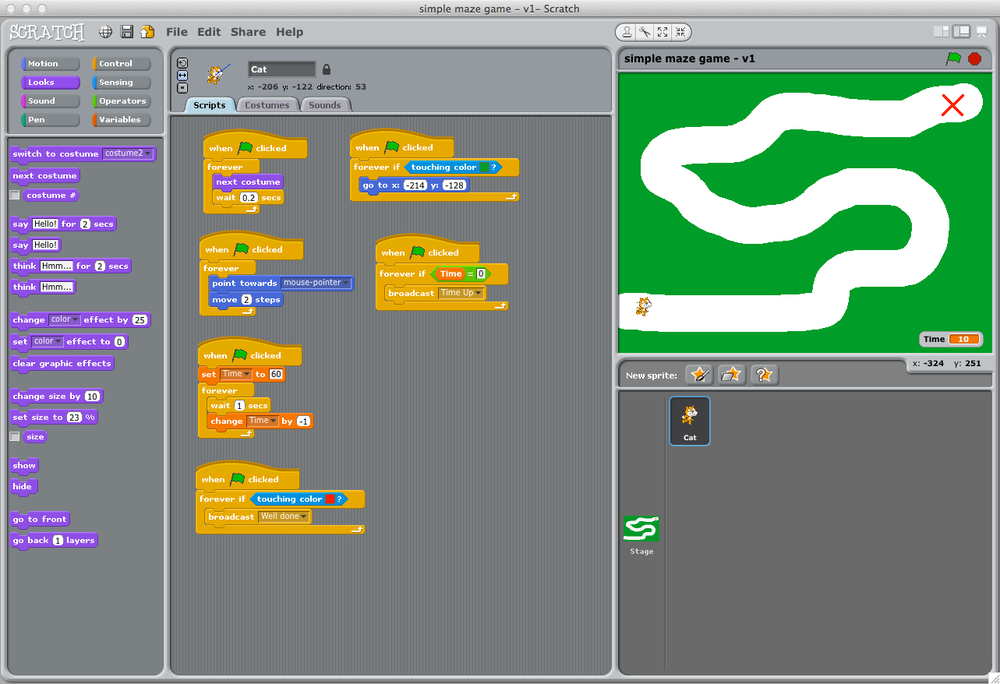
- Hopscotch is really a free iPad application for upper elementary and above. Wesley Fryer has curated sources for Hopscotch within the classroom which are filled with challenges which you can use with students. Also, he recommends activating the emoji keyboard (visit Settings > General > Keyboards) to be used using the program.
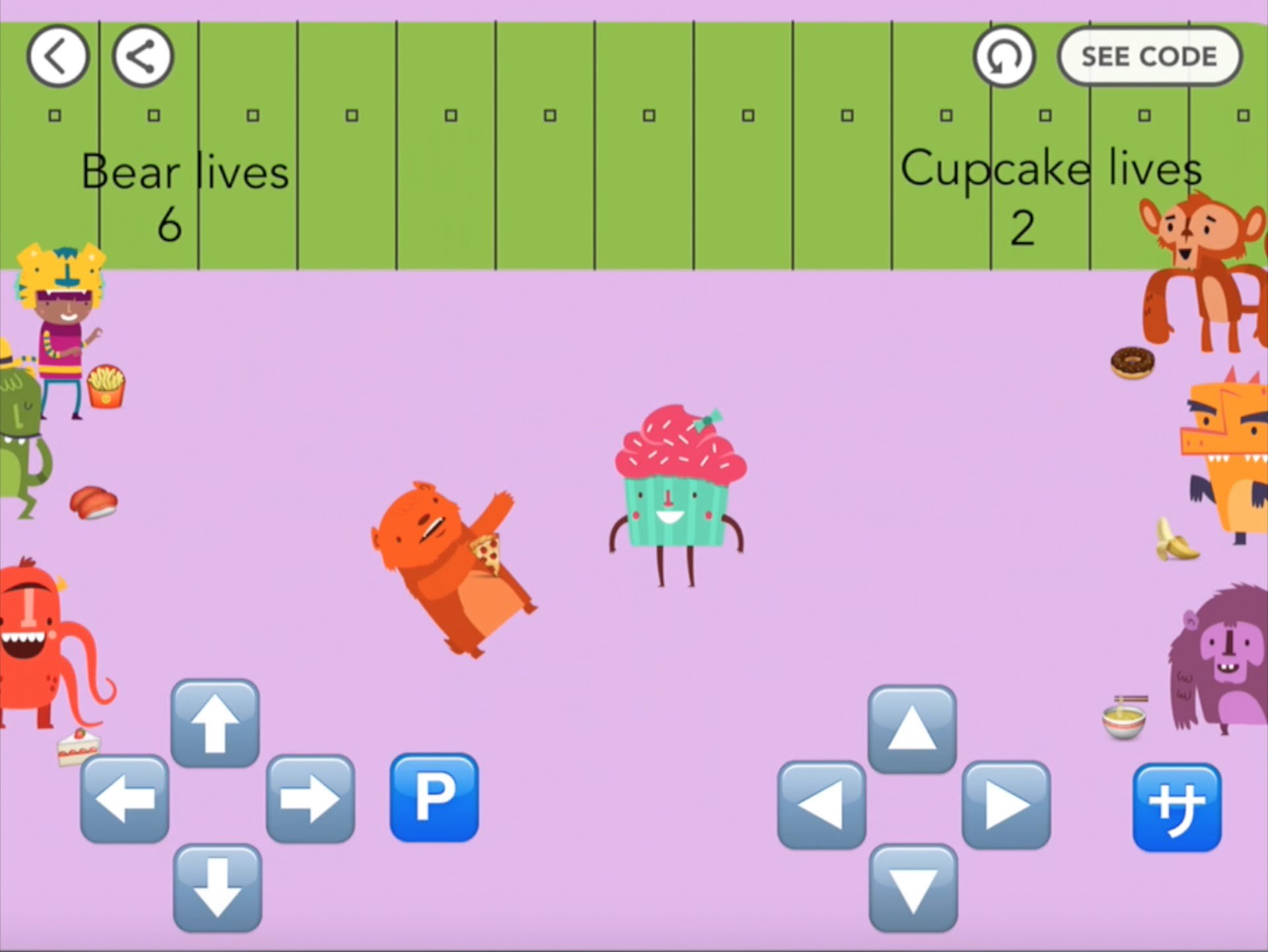
- Lightbot is really a puzzle game having a free version that lasts an hour or so and full versions for purchase on iTunes and Google Play. It teaches planning, testing, debugging, procedures, and loops.
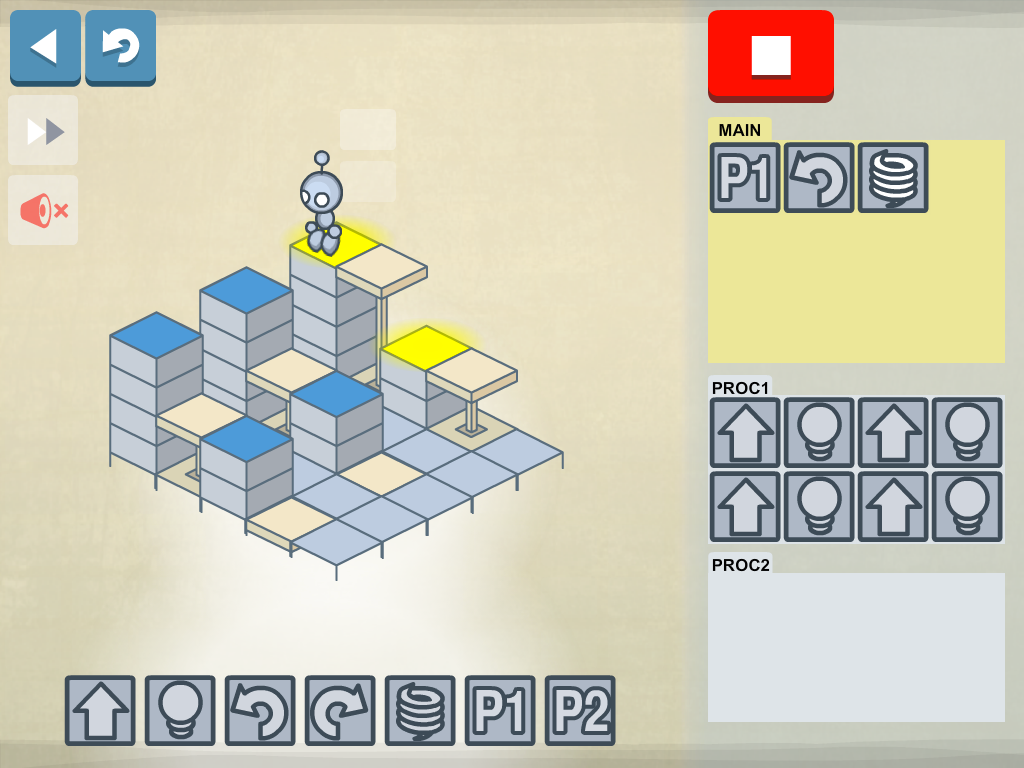
- Kodu is really a programming tool that may be easily utilized on your personal computer or Xbox to produce a simple game. In addition, there's a math curriculum.
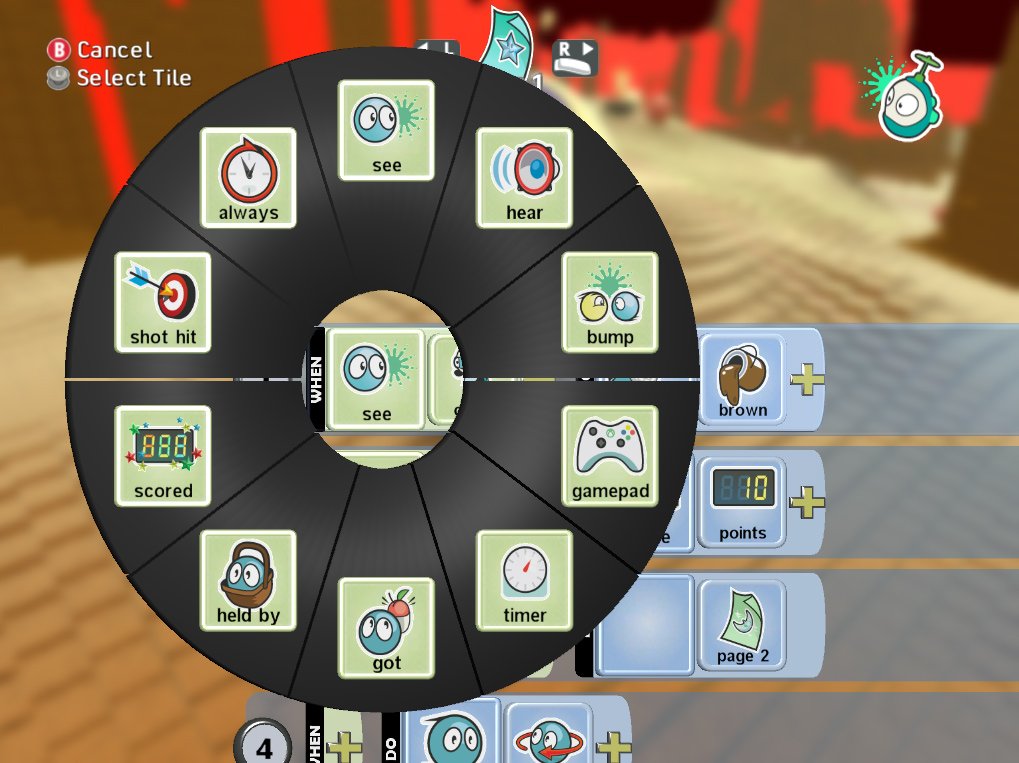
- Gamestar Mechanic technician provides a free version that you desire for your Hour of Code, however, if you simply adore it, the academic package enables teachers to track the student's progress, among additional features. The organization supports educators with videos along with a must-see teacher’s guide.
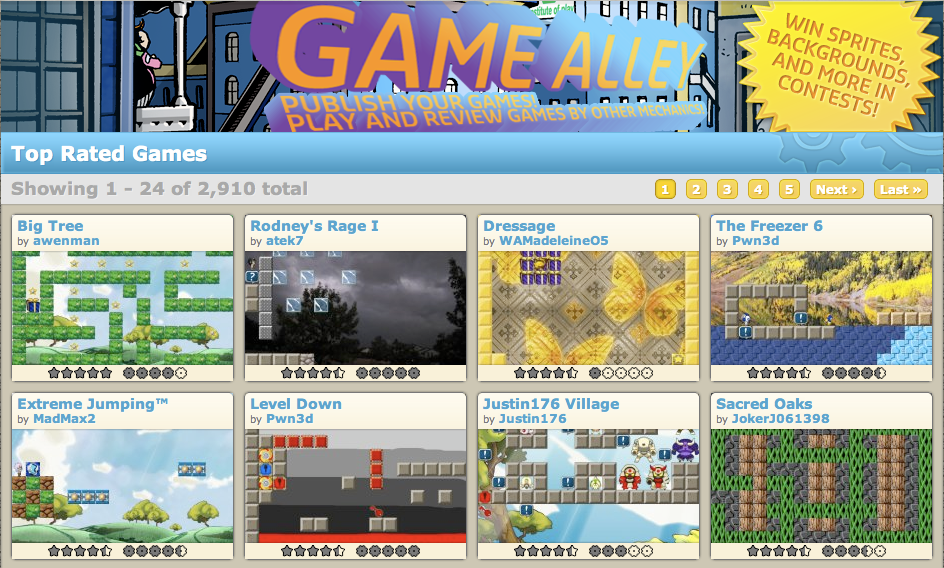
- Alice is a well-liked platform having a unique storytelling aspect. Technology-not only to produce a game, tell a tale, or make an animated video. Like Scratch, Alice is free of charge and based on an effective community of educators. There are two versions of Alice. The newer 3 version continues to have a couple of bugs but spurts many new, very awesome animations. This lengthy-standing platform is really a rewarding tool that children may wish to carry on using beyond the initial hour. Alice is recognized as more for that intermediate student, but experienced teachers may use it with beginners.
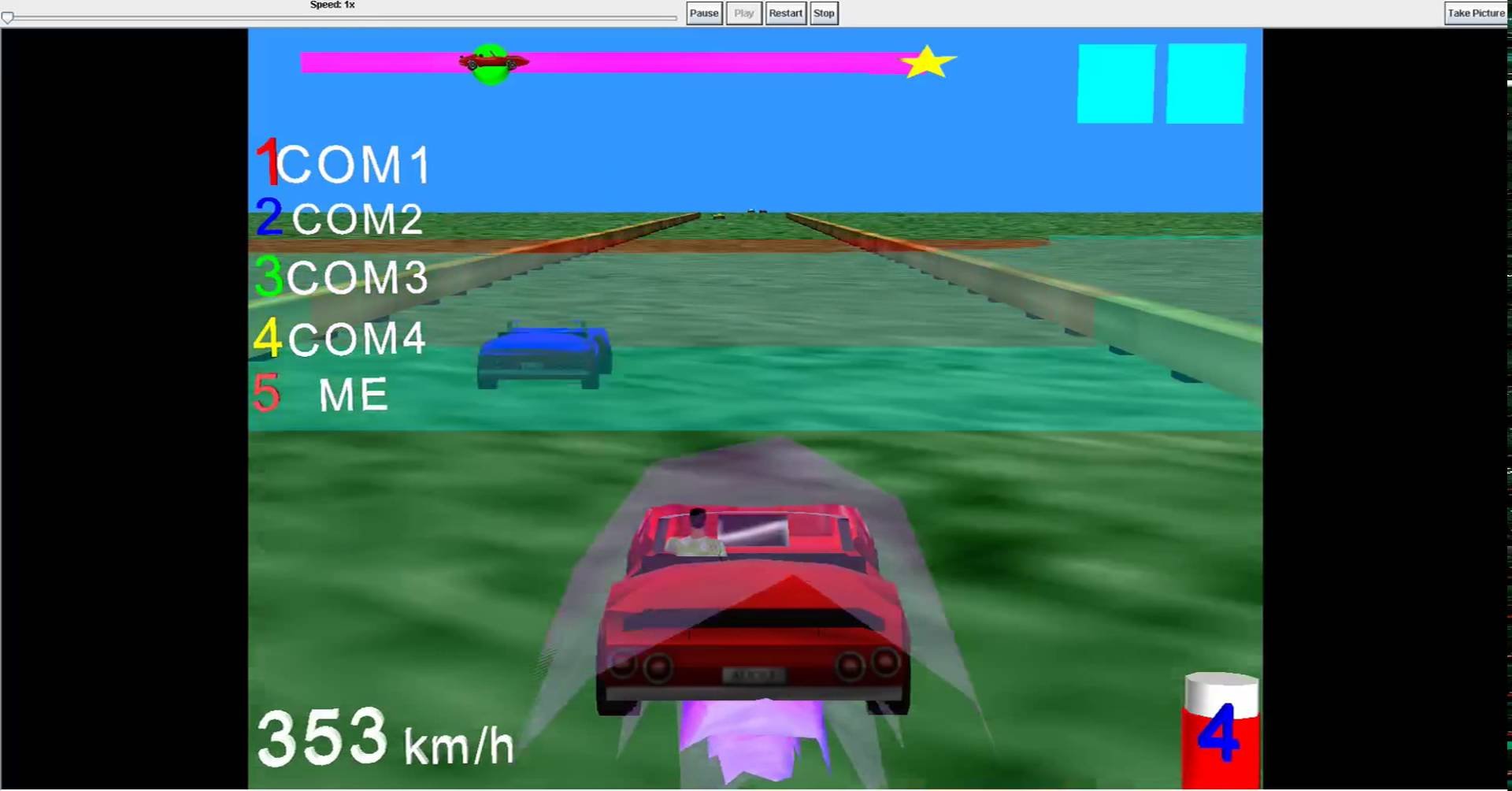
- GameMaker: Studio is definitely an option if you wish to make games that may be performed in almost any internet browser. The sources aren’t as comprehensive just like a few of the other tools here and also the community isn’t vibrant, however, this a person around for some time and can be fun for any more tech-savvy teacher.
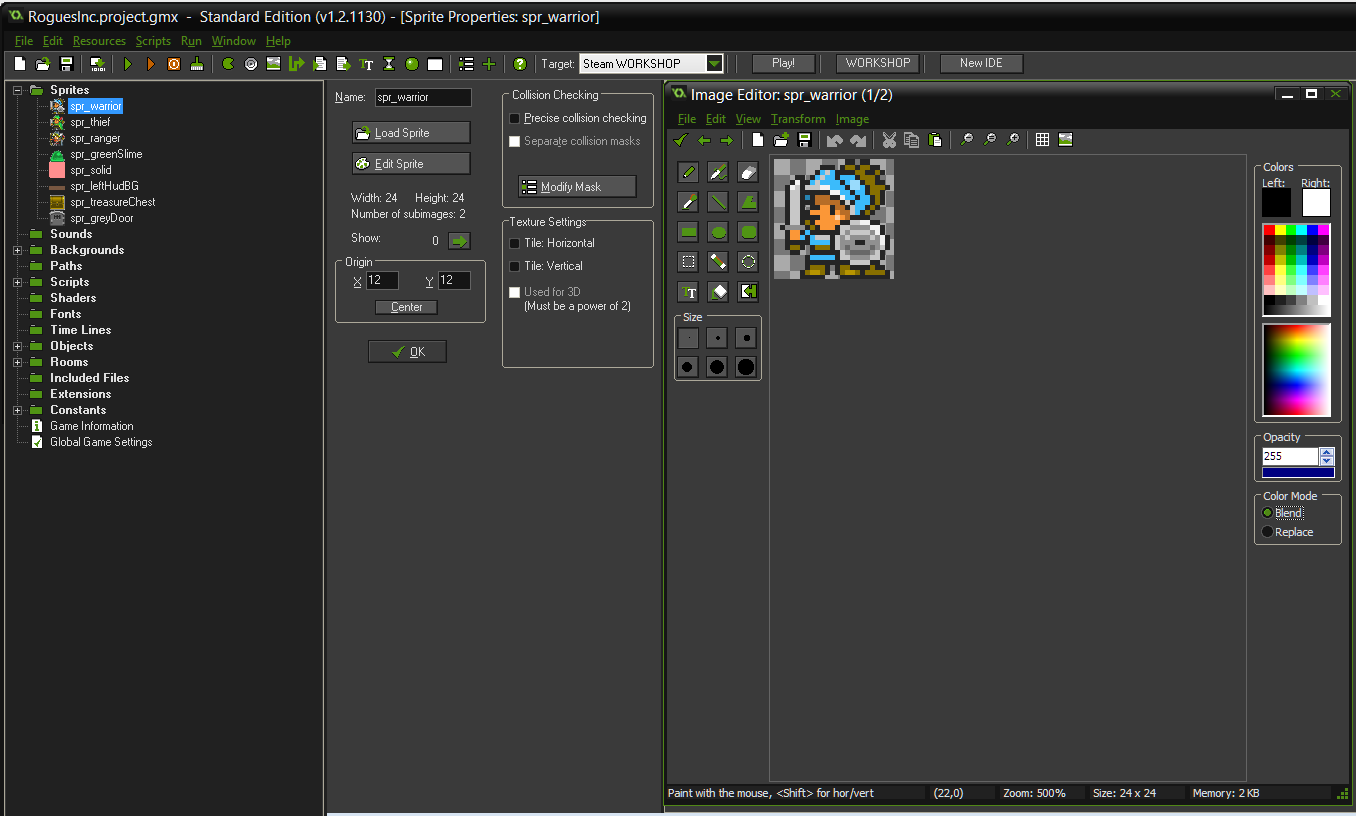
- SpaceChem is definitely an interesting mixture of chemistry, studying, and programming for a long time. As students browse the 10,000-word novelette, they need to solve puzzles by assembling molecules. SpaceChem produced a useful guide for educators. It can be obtained for download on Steam and installation on Home windows, Mac, and Ubuntu. (Download a totally free demo.)
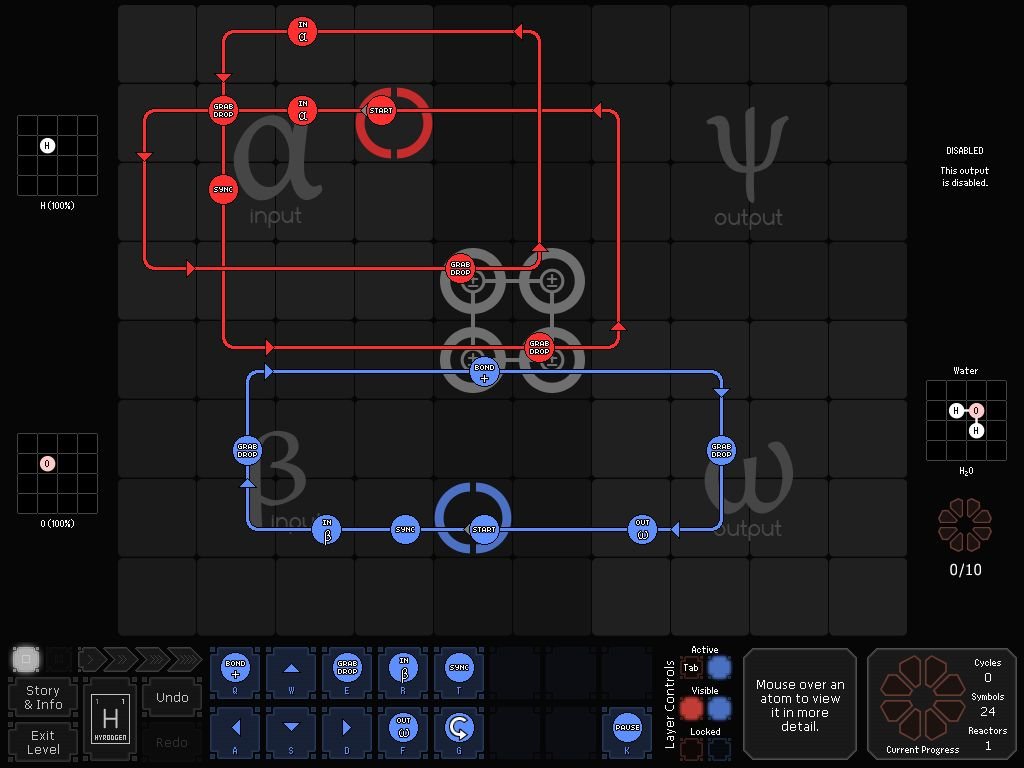
- Minecraft: Education Edition remains common as the brand new who owns Minecraft, Microsoft, is constantly on the collect and share guidelines from classrooms.
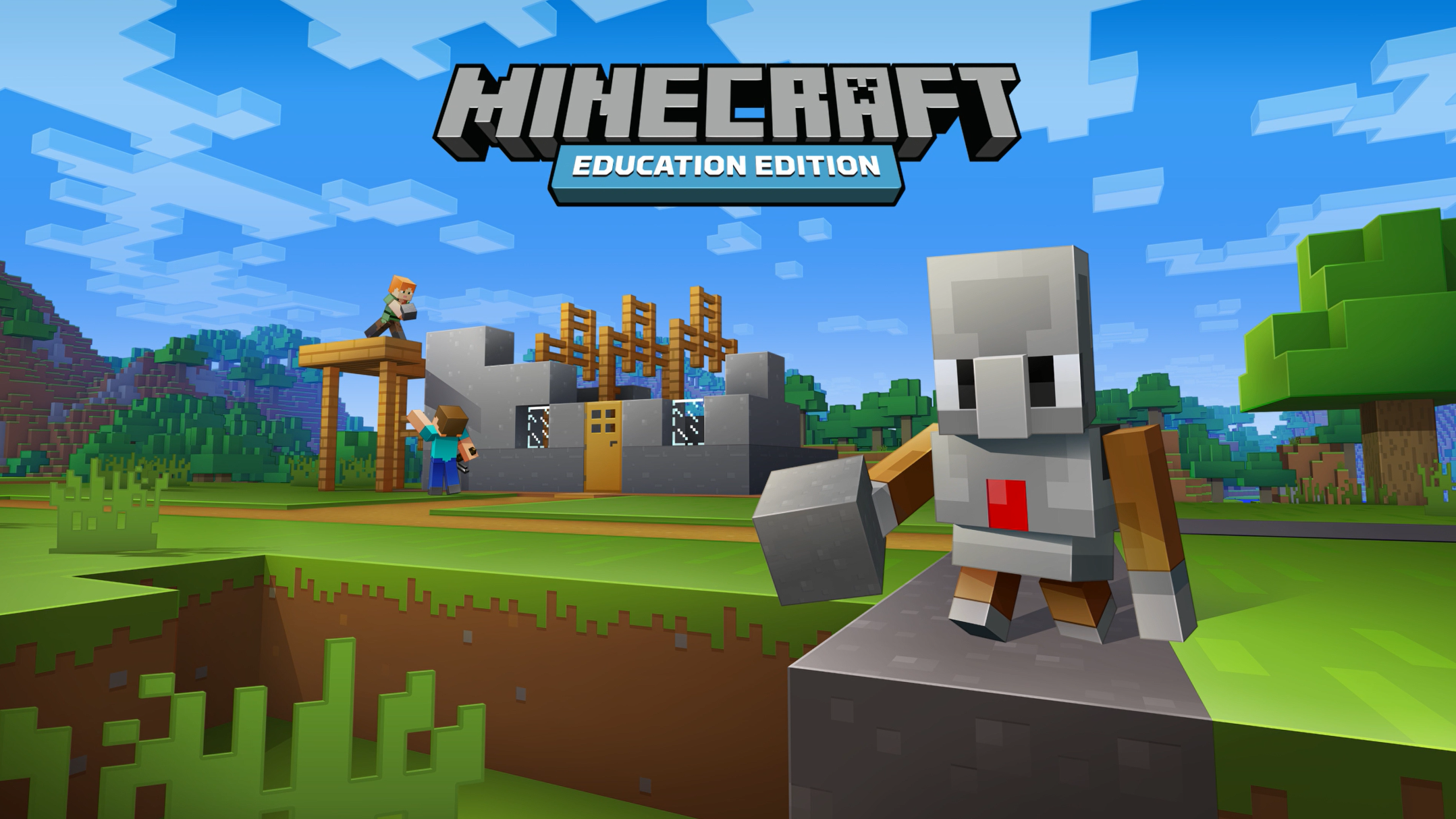
- CodeCombat is really a multi-player game that teaches coding. It’s liberated to play at the fundamental level, and students do not have to register. The advantage is that teachers don’t need to know information technology to empower learning in programming. Begin to see the teacher guide for that information and standards covered within this game.
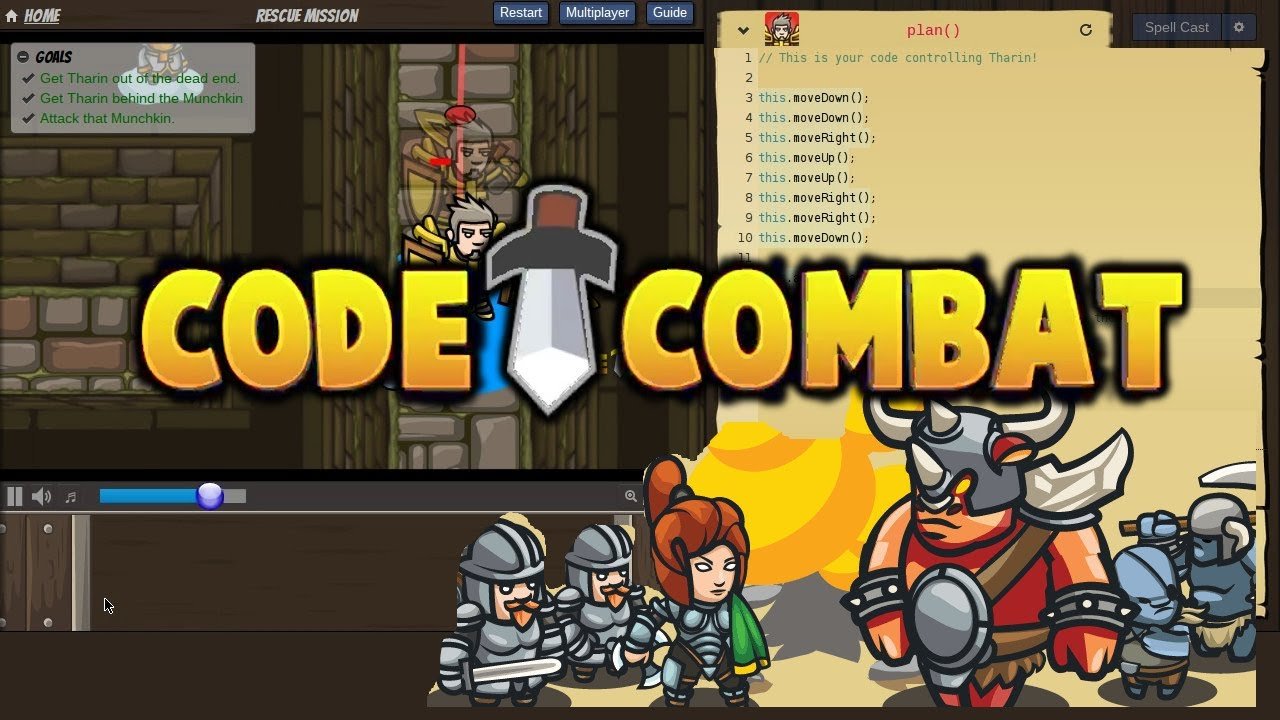
- Code Monkey Island is really a game created for children ages 9 or more. A great accessory for your game corner.
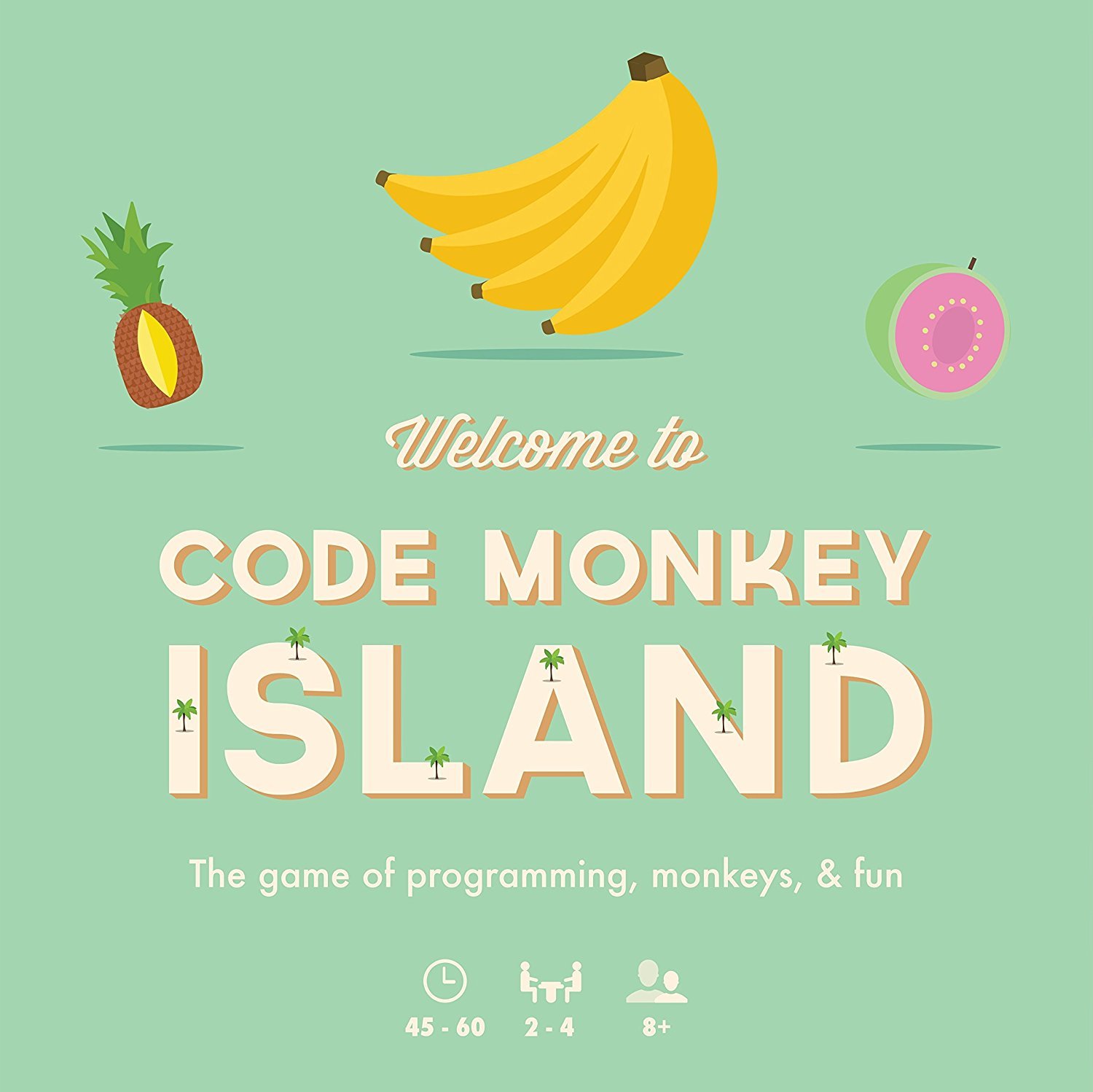
More Helpful Sources
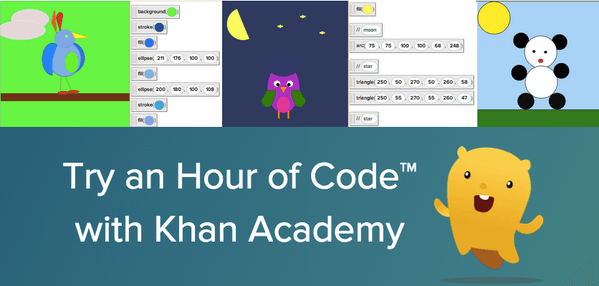
Browse the Hour of Code lesson plan tutorial from Khan Academy for methods to educate your students. These training are suitable for older students with one computer each, but they may be adapted to some flipped class model.
As the official Hour of Code is within December, see these sources for educators, unplugged training (no computer needed), and tutorials that will help you educate information technology to kids of every age group at any season.
Hardware Usage to Create A Superb Output
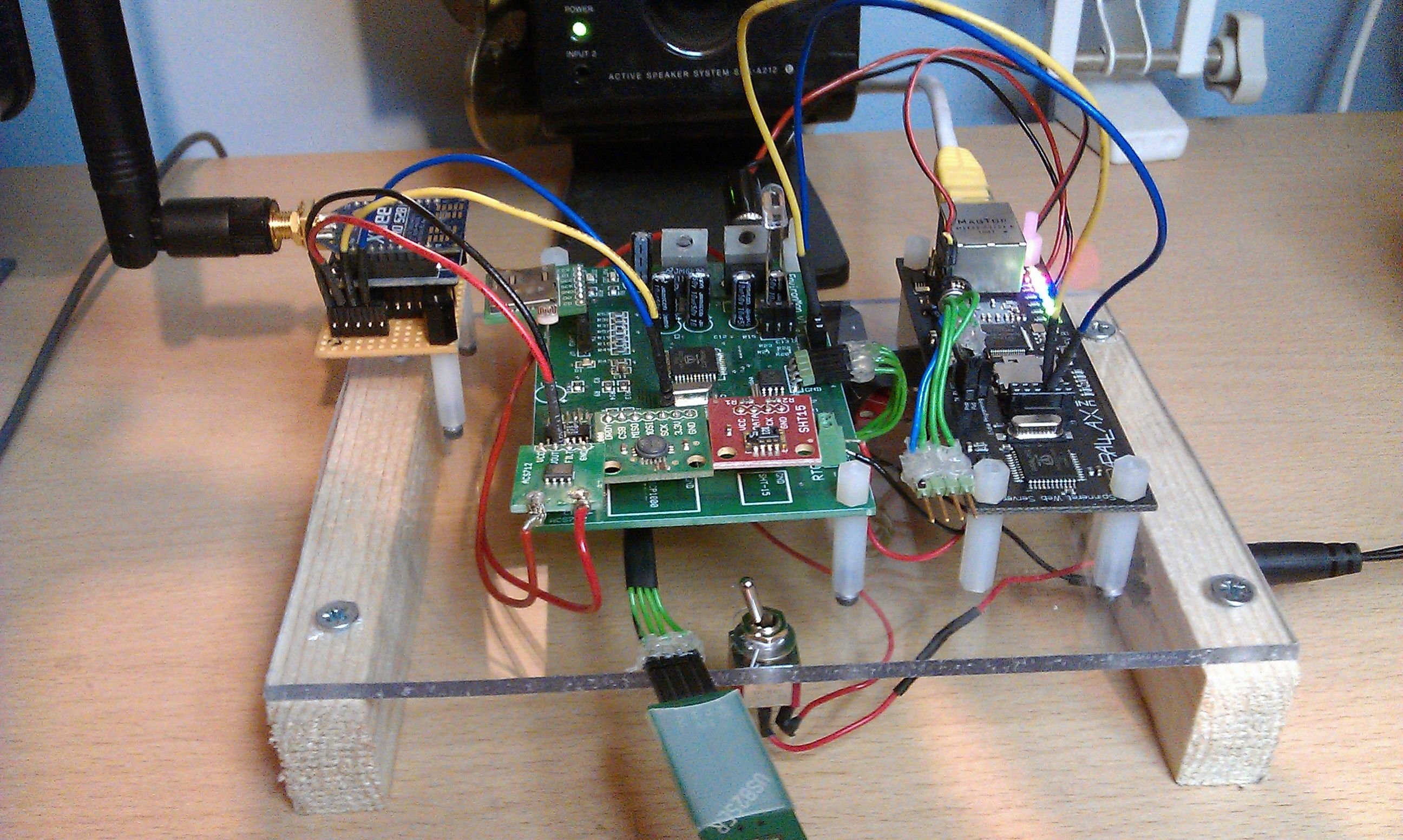
Programming, making, and creating haven't been simpler. If you are stepping into the producer movement or Genius Hour, these ought to staple inside your classroom. When they might take more than an hour or so to code, they’re certainly something 21st-century schools may use, because students are programming and building using their hands.
- Hummingbird Robotics Kit. I'm deeply in love with the Hummingbird Robotics Package-it can make Arduino easy. An Arduino is essentially a motherboard that you could make, along with a programming package. I have one of these simple within our classroom, and also the students are fixated for hours.
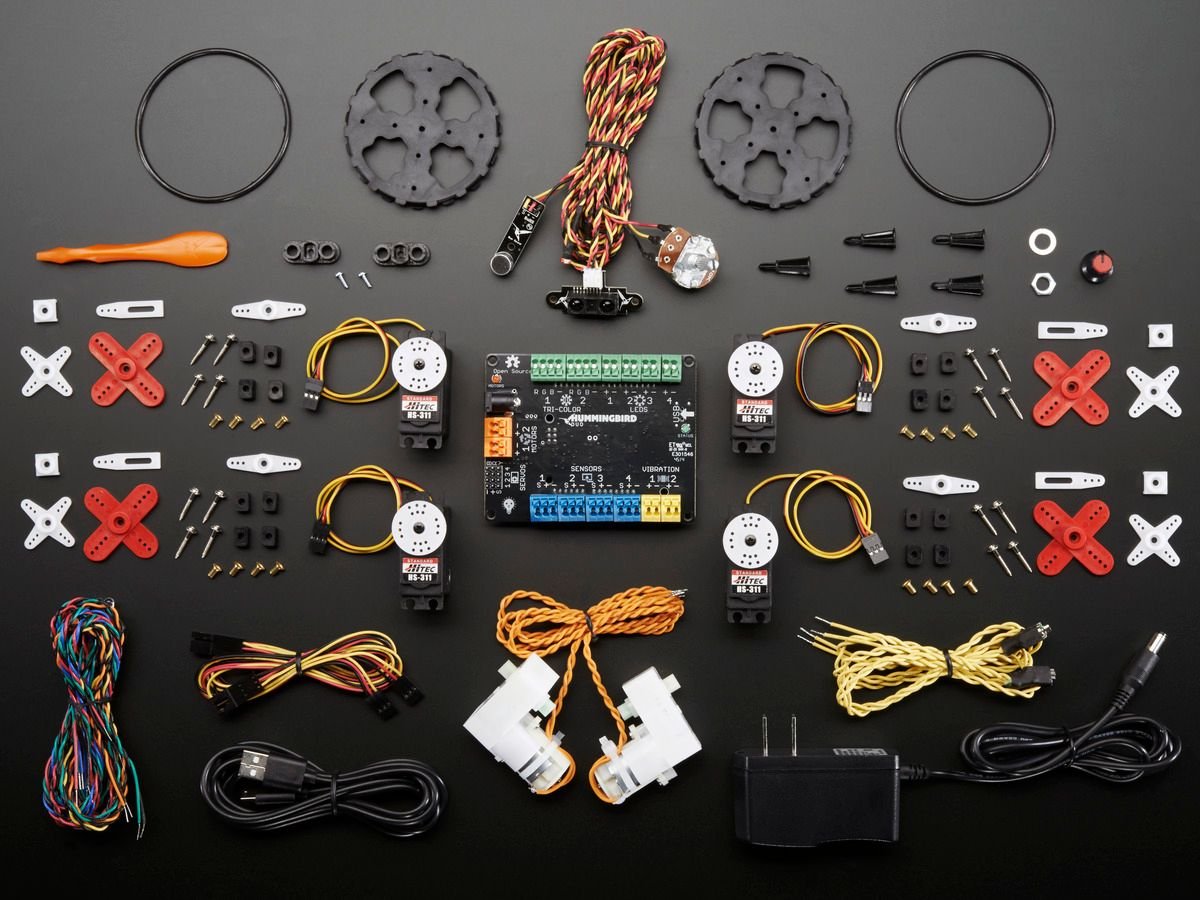
- Lego Mindstorms are members of our curriculum every spring. Students love Legos! I have six older kits that we’ve employed for years. The newer NXT kits have awesome robots that may be made and programmed. The product has existed for a long time, so there are lots of sources for teachers. If you buy a mature package on eBay, make certain it'll use newer OS.
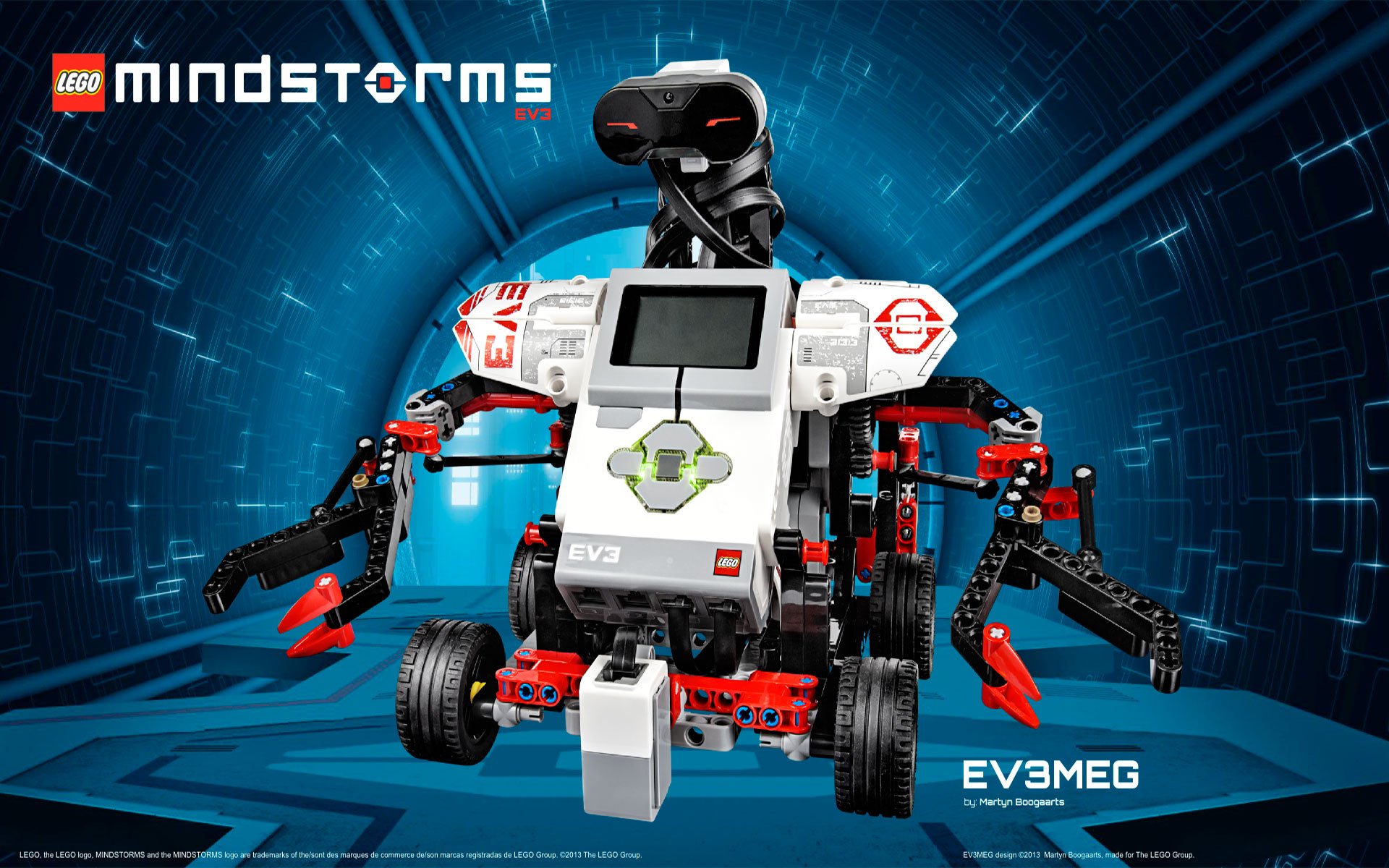
- The Raspberry Pi is definitely an affordable computer. There are lots of things kids could make having a Raspberry Pi, but after setting one track of my 15-year-old nephew, I suggest the teacher be considered a tad greater than I am. This really is certainly something I’d use in our classroom.
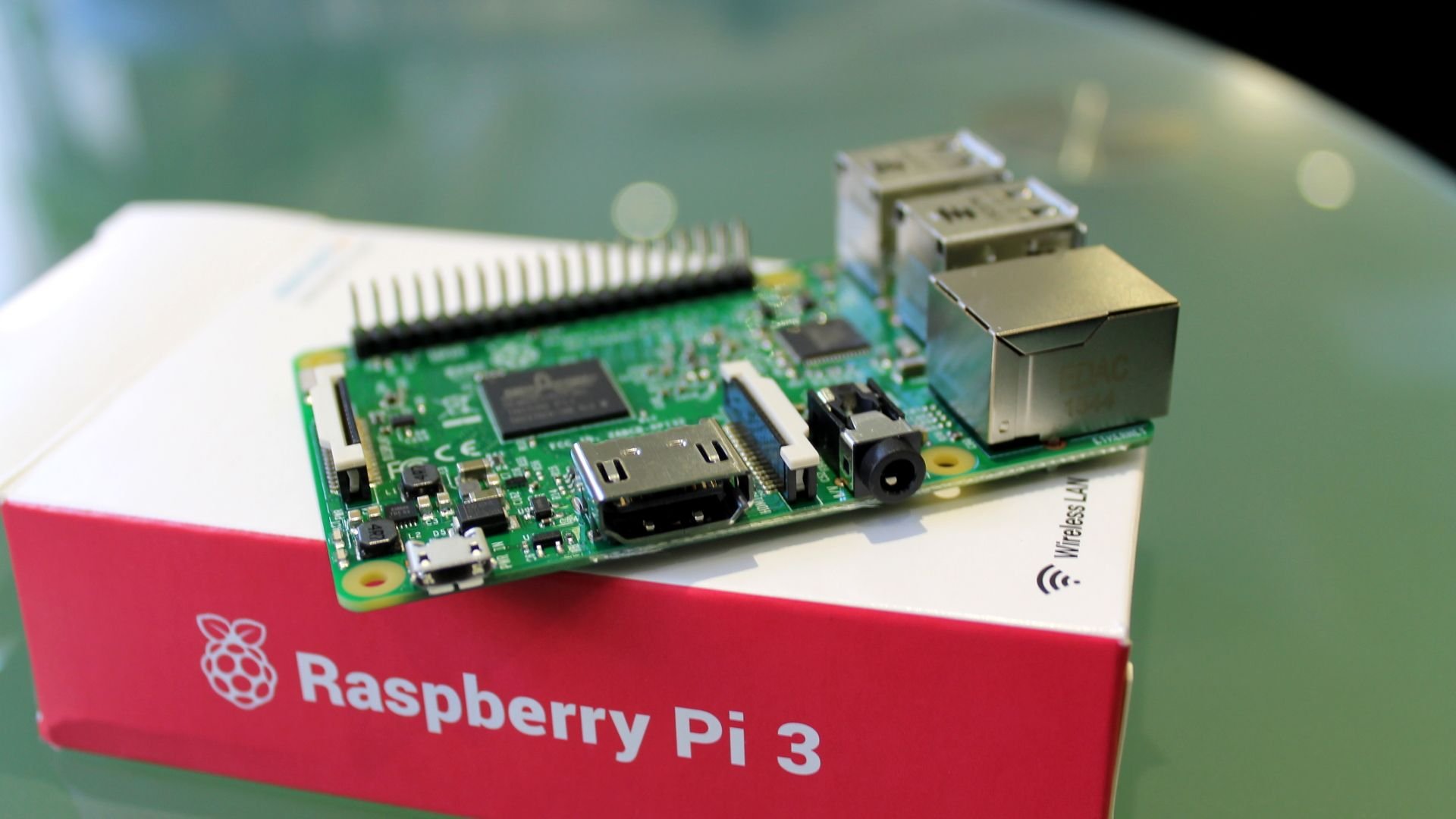
- Sphero and Ollie are perfect robots that may go almost anywhere (I and my colleagues took them across the water). The SPRK education program gives teachers and fogeys a curriculum for implementing the bots and teaching programming whilst the adult continues to be learning.
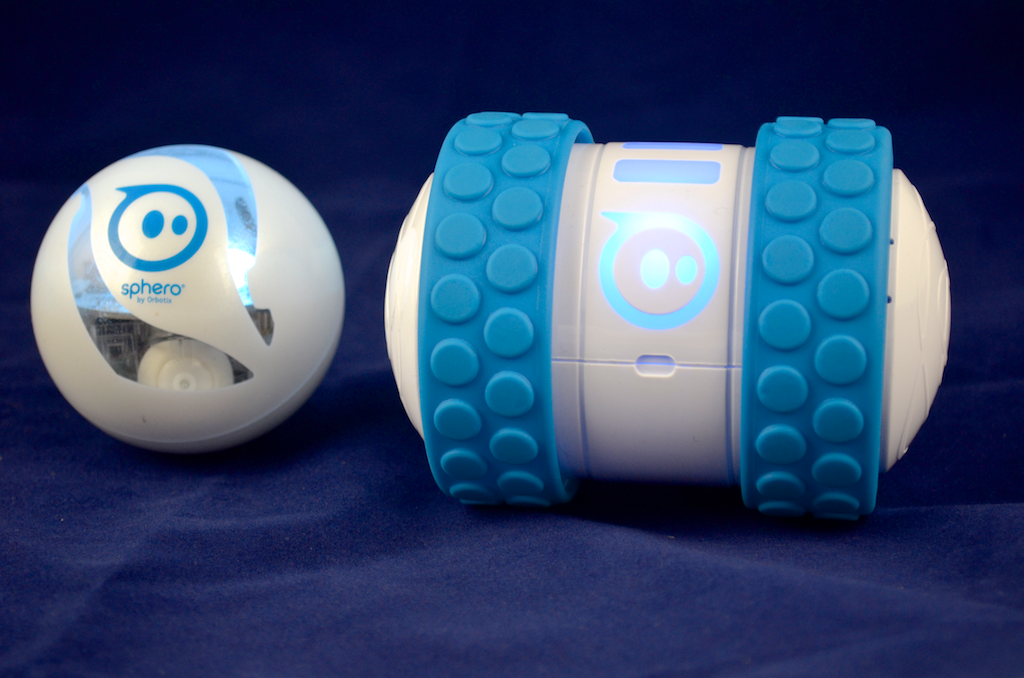
- Dash and Dot are a couple of endearing little robots you can use for ages 5 or more. These robots have apps you can use to program them, that children ages 8 or more may use Blockly, the visual programming language produced by Google. Older students may use Objective C or Java to program the bots.
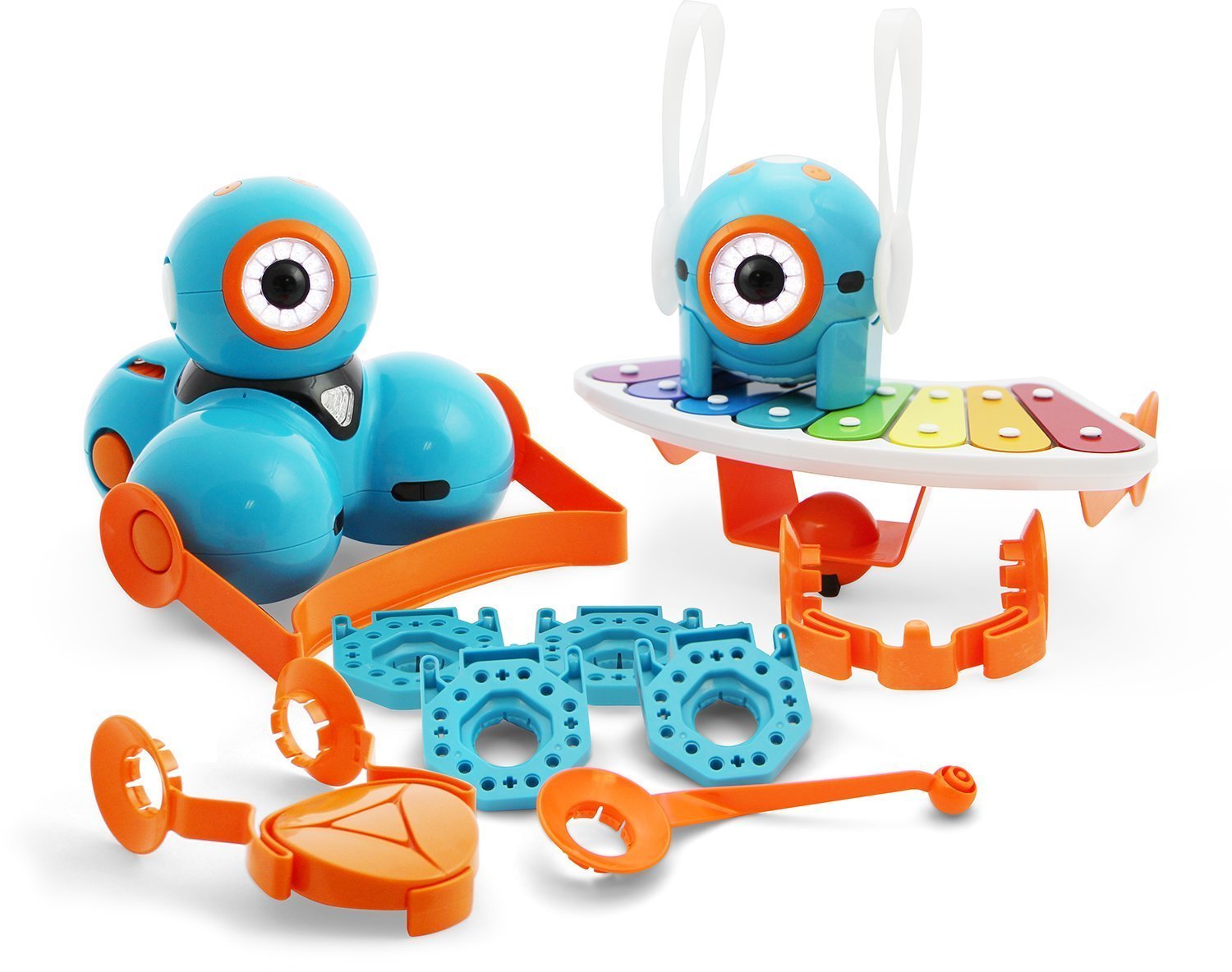
So How Are You Educating Coding Inside Your Classroom?
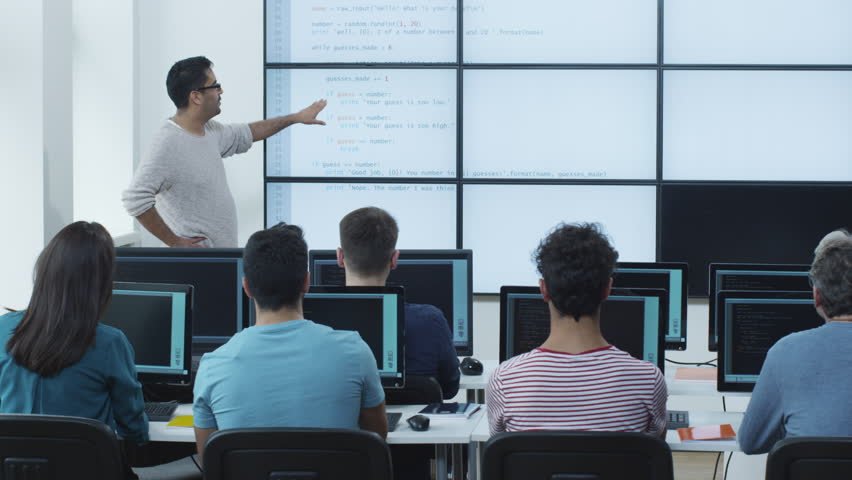
Please join the movement to assist every child by discussing inside the comments section your story or perhaps a connect to your preferred sources for teaching kids to code. Kindly upvote and follow if you like my article!
